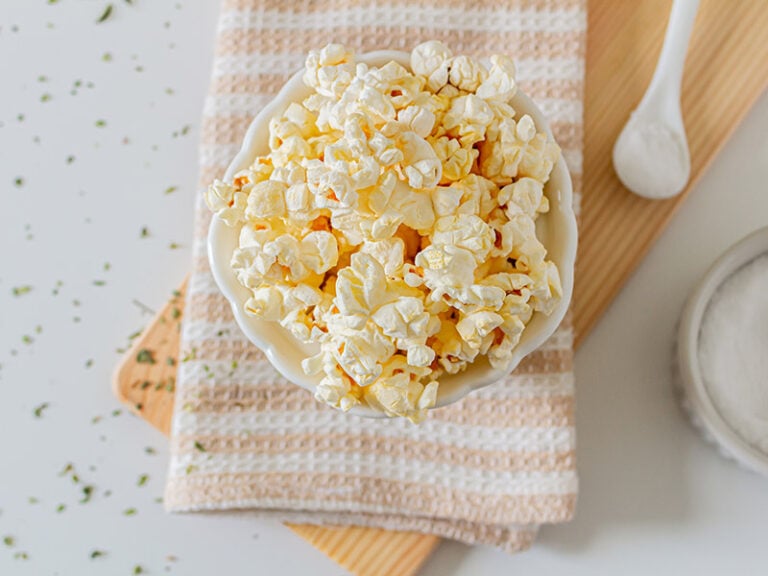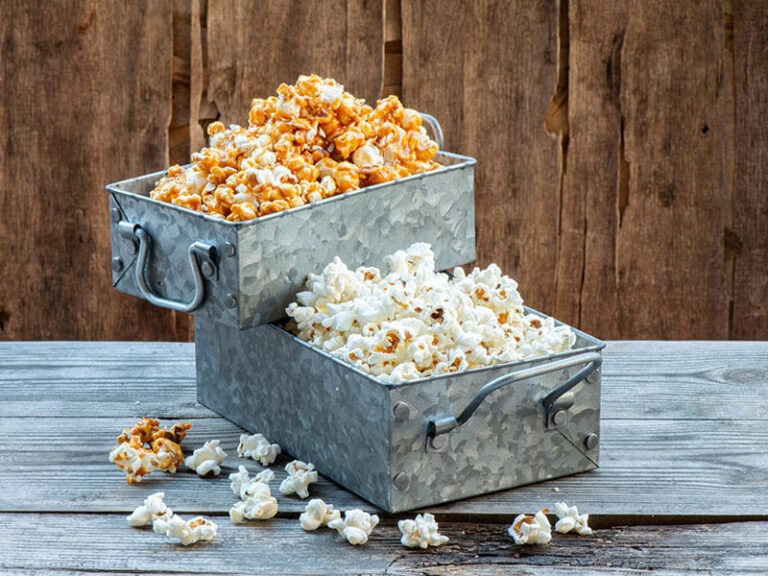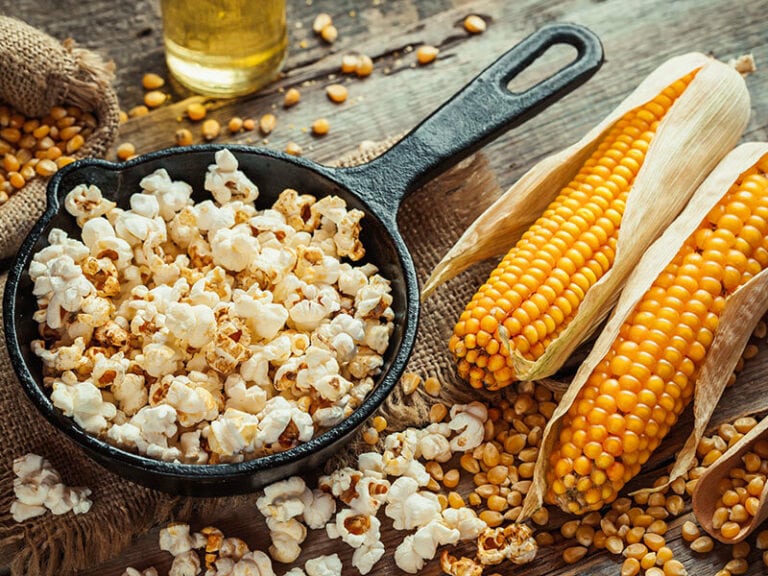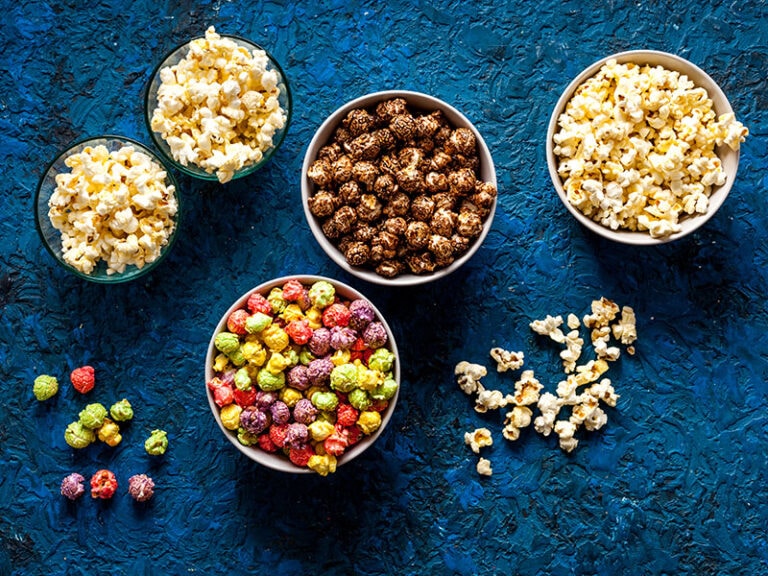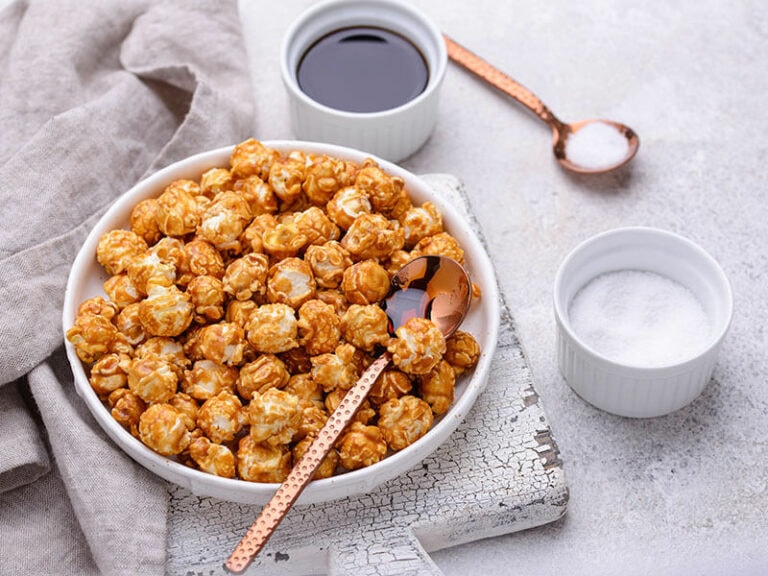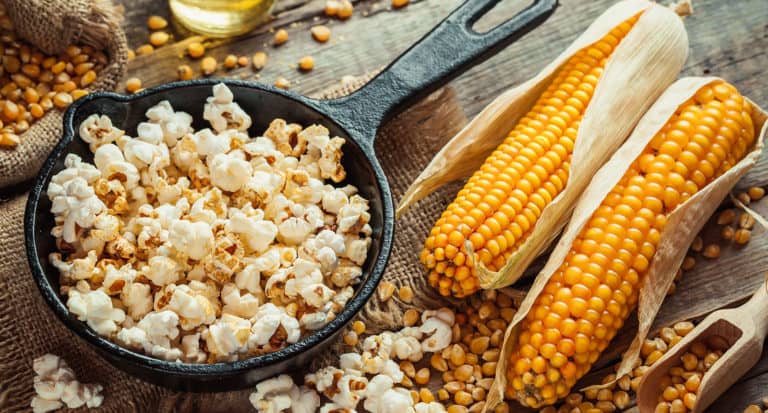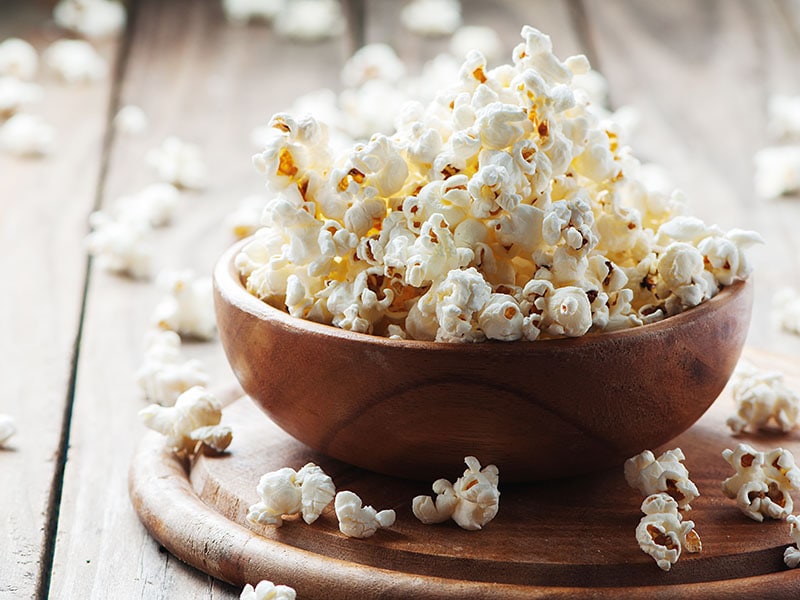
“Is popcorn gluten-free?” seems like a straightforward question. But it requires some following steps to indicate the appropriate answers.
Even when you are not interested in this topic, I think you should give a skim on some sections. Maybe this post includes information that could help you and your family and friends about food and health care.
As you know, popcorn is one of the favorite snacks globally, which has a massive number of consumers daily. With this popularity, have you ever wondered: Is popcorn good for your health?
From that point, so many people have analyzed the ingredients in popcorn to find out the answer. I’ll take you through the analysis in an easy way.
Let’s find out by four simple steps that describe the whole article:
- Understanding the origin of popcorn (the formation process).
- Figure out all the ingredients in popcorn.
- Analysis of those ingredients.
- Consider the influences of those ingredients on human health.
Overview About Popcorn
Popcorn, the king of snacks for centuries, you are one of the popcorn lovers, so I think you would love to know more about it.
The Formation Process Of Popcorn
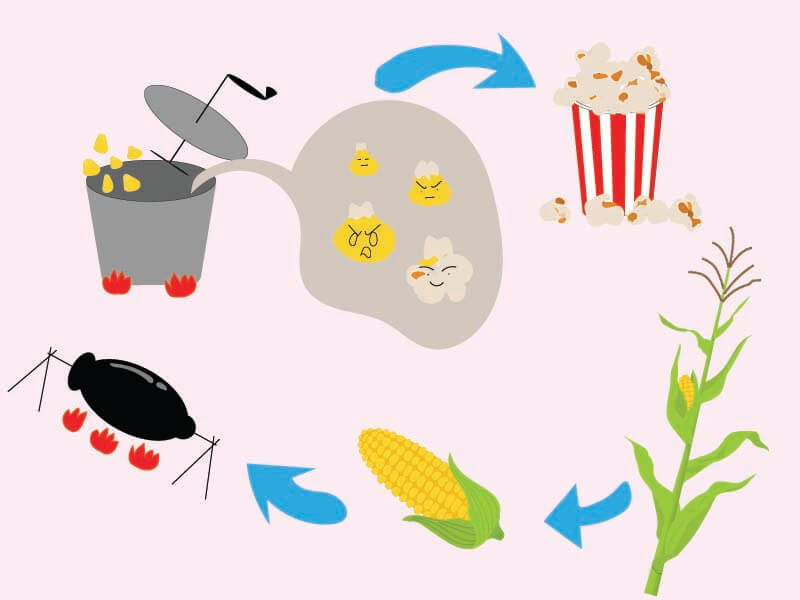
When popcorn is heated, it expands and puffs up because the moisture in the kernel turns into steam by hot pressure. The favorite snack, aromatic, white, edible, called popcorn, is created through that process.
Anytime, you are holding a bag of popcorn and enjoying it, and suddenly the flash rushes in your head: “I wondering, how a popcorn basket is made?”. Well, from the very beginning, there are:
- Heat the oil or butter on a stove. (The oil should generously cover the stove).
- Put 3 kernels in to test the temperature and put the lid on.
- When the test kernel popped, pour the rest of the popcorn in and lid on the stove again.
- After some gentle popping sounds, about 45 seconds. Remember to shake your popcorn to avoid burned popcorn.
- Add some salt or sugar. Shaking for the popcorn well-blended.
Those are five simple steps to make popcorn, and the whole process should take around 3 minutes.
Why Should You Beware Of Popcorn?
Popcorn is not a very expensive product and is easy to buy. Popcorn has a relatively long shelf life, especially if the corn kernels are unpopped. Besides, popcorn itself is whole-grain food, a source of fiber sounds perfectly good for health and the best option for snack time, right?.
But I believe popcorn is good if you eat a suitable number of it. Then, what will happen to people who overconsume popcorn?
- Immediate effect: feeling bloated and uncomfortable impacts. Might increase blood pressure because large amounts of salt and sugar are added.
- Gaining weight depends on the type of popcorn.
- Increasing Sodium and Cholesterol because of added salt and sugar or other spices.
So apparently, as long as you consume a suitable amount of popcorn, you will always be fine.
About Corn, The Main Ingredient Of Popcorn
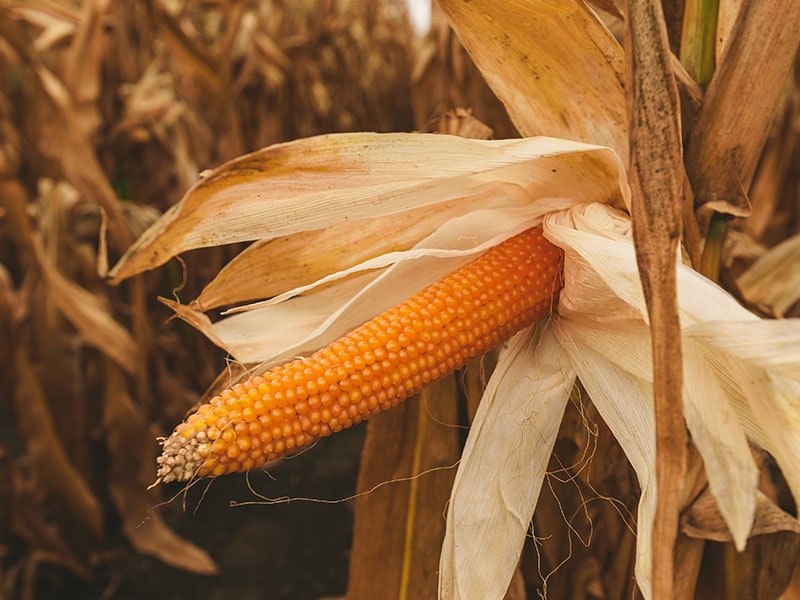
For years, maize, known commonly as corn, has played a very important role in the food chain. There are many types of corn, waxy corn, dent corn, sweet corn, flint corn, flour corn, and the last popcorn corn is the main point of this article.
Popcorn is a very special variety of corn. It is the only one that pops. The key to popcorn is the unique design of the kernel.
The name of each type shows the purpose, focusing on popcorn corn, which has a round corncob similar to flint corn but has its size, starch level, and moisture content. The kernel is hard on the outside, but brittle on the inside, made the name popcorn.
The outer cell also has another name called the pericarp, which is very hard and spotless. The inner is seed and water and soft starch that is supposed to be used for the baby plant during sprouting.
You see, all of the features of the popcorn kernel are appropriate for making popcorn. Next, the purpose of this section is the nutrient of popcorn.
Most people are misinformed that corn is not a vegetable as you all think it is, but corn is grain. It is good for health with all the benefits corn brings to the human body: (1)
- Carbs are trusted well for the human heart and brain.
- Fiber supports digestion and also keeps you full by absorbing water.
- Plenty of protein helps grow and shape cell structure.
- Rich in antioxidants and plenty of B vitamins.
In addition, corn is recommended as a replaceable product to wheat for those who have Celiac disease.
Yes, Popcorn Is Gluten-Free, But Not All The Time
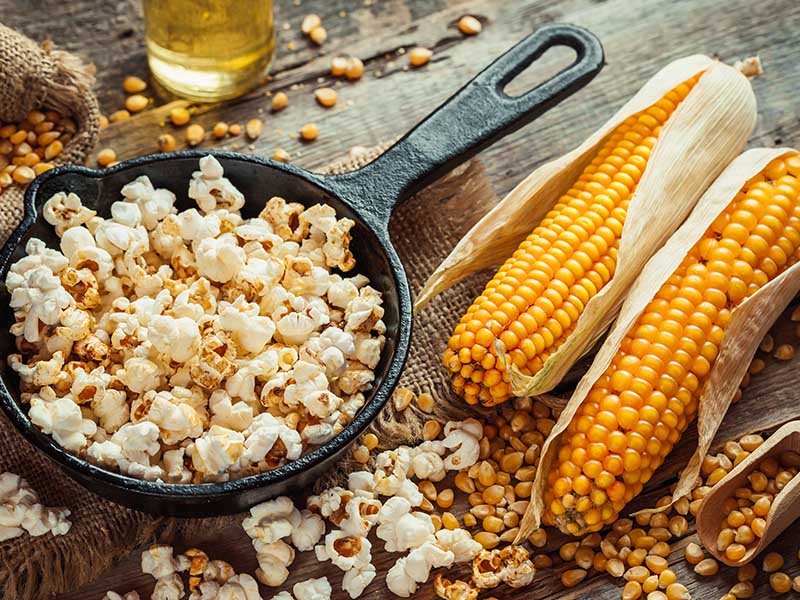
A corn kernel becomes popcorn through the formation process, so do you wonder if something changes during the formation process? The answer is yes, the form, material, texture, color, etc.
Notably, the nutrients have no changes at all, but some new nutrients were found in popcorn (2):
- Phosphorus: needed for strong, healthy bones as well as strengthening the other parts of your body.
- Magnesium: the essential mineral that helps your heart stay strong.
Based on the point that corn is gluten-free and the main ingredient of popcorn is corn. Thus, popcorn is gluten-free on the theoretical side.
Nevertheless, nowadays, popcorn has a considerable number of types in the market. The popcorn industry invented flavored popcorn such as strawberry flavor, caramel flavor, chocolate flavor, etc.
Flavored popcorn is displayed widely in the consuming market. This puts customers in a confused position: which one is gluten-free? Which one is good for your health? I assure you that you have been in this situation before, right?
You need to know which popcorn is good for your health because only the original popcorn is gluten-free for sure. You should have your doubts about flavored popcorn.
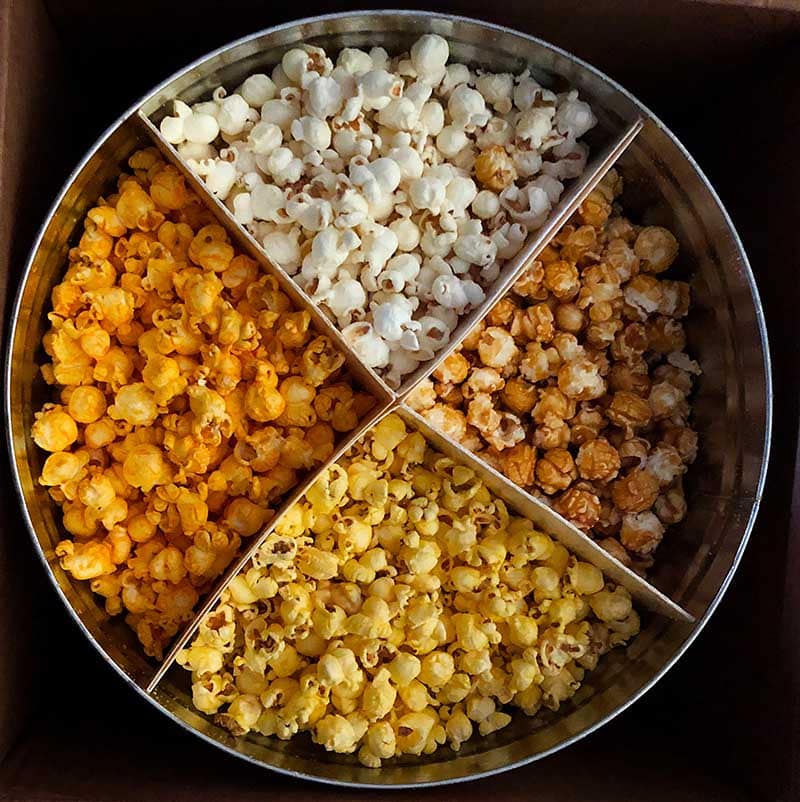
Flavored popcorn from facilities has a big chance of cross-contamination by additives. For example: topping powder, spices, or sauces. Consuming a large number of flavored popcorn could lead to health issues.
Besides affecting the gluten content of popcorn, these additional flavorings might also make you want to reconsider whether popcorn is vegan-friendly. For example, popcorn coated with butter or cheese is certainly not vegan.
Is popcorn good for health? This video supports my claim above.
How To Choose Gluten-Free Products?
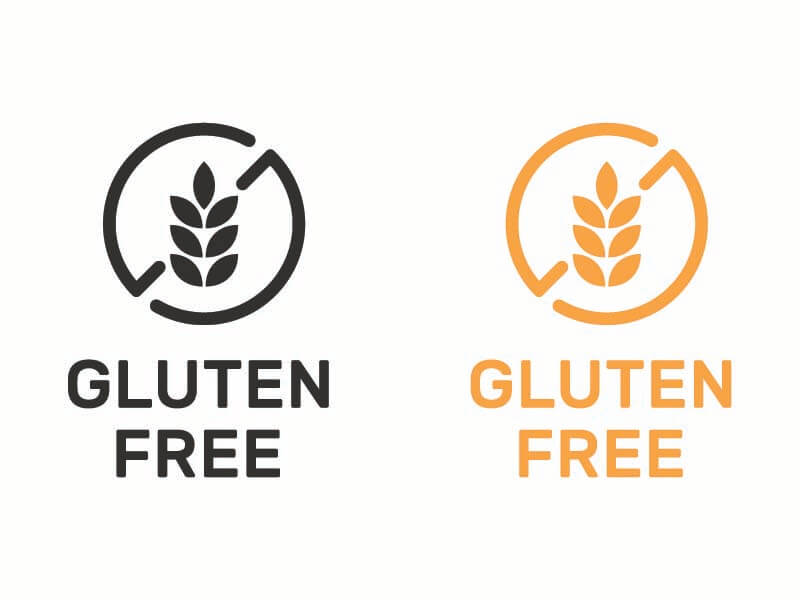
Products might contain gluten because of the outer element effects during the preparation and formation process. Don’t worry, this is no longer your concern.
Anytime you want to buy processed products, I take popcorn as a practical example; you should read the label. If the ingredient section only has popcorn kernel, sometimes salt, sugar could be added, and it is entirely harmless.
Not only popcorn but also processed product purchasing requires attention on the label to determine whether it contains gluten or any factor derived from gluten. Some beverages made from grapes or juniper berries can be gluten-free.
Foods that are labeled gluten-free, in line with The U.S Food and Drug Administration rules, must contain fewer than 20 parts per million of gluten. And these products need to be added some note like:
- The ingredients in the product are gluten-free.
- Food has not been cross-contaminated with gluten in the preparation process.
- The product has removed gluten ingredients.
Homemade Gluten-Free Popcorn Recipes.
Are you wondering about making gluten-free popcorn at home? Or are you trying to make popcorn without a dedicated popcorn maker? I got your back.
Making Popcorn with Microwave:
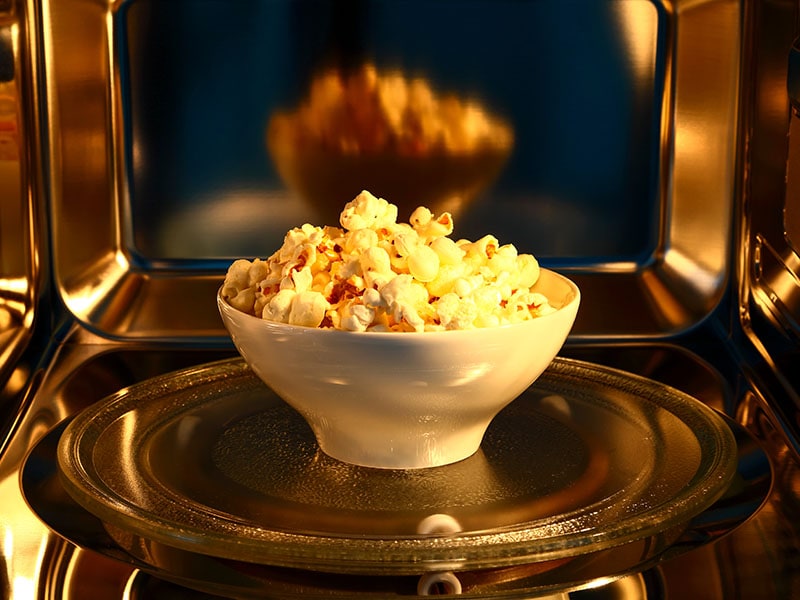
With a normal microwave and some simple steps, you can make your popcorn anytime you want.
- Step 1: Prepare high-quality popcorn kernel, salt, and oil. I suggest vegan oil.
- Step 2: Mix them in a paper bag.
- Step 3: Remember to fold the top of the bag twice to seal.
- Step 4: Start the microwave to cook for 2 to 3 minutes at a high temperature.
- Step 5: After you hear some popping sounds, pause for 5 seconds.
- Step 6: Carefully open the bag, and you have healthy popcorn.
How to make popcorn with a microwave. The video is very practical and easy to follow.
Making Popcorn By a Stove:
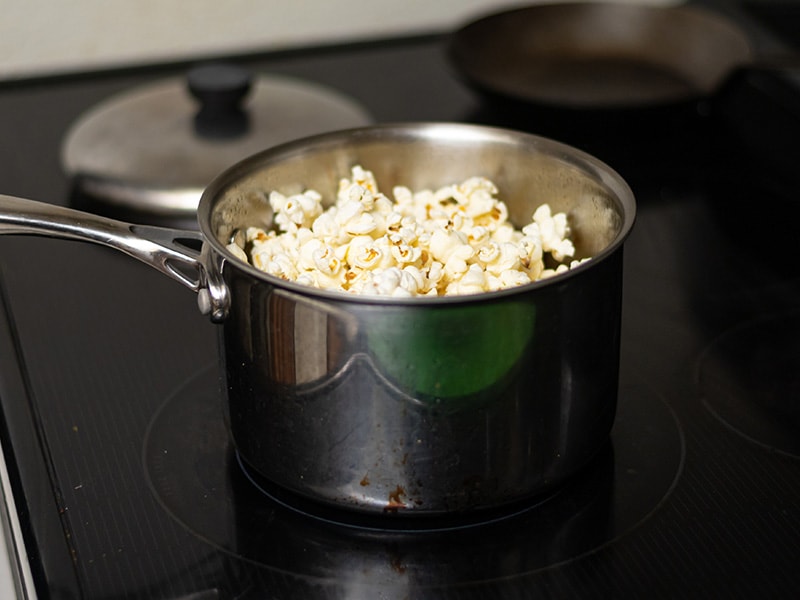
A stove is capable of making popcorn too. When you open up the lid, the result will surprise you.
- Step 1: Heat a suitable oil type for making popcorn on the stove.
- Step 2: Pour the kernels and sprinkle salt on them. You can add some flavors and cover the stove.
- Step 3: When you hear the kernels start to pop, shake the stove until fewer popping sounds occur.
- Step 4: Wait for 5 seconds to remove the heat and then add seasons as you will.
You don’t have a microwave? It is not a problem. This video shows you how to make popcorn by using a stove.
Not only popcorn, but your foods are also gluten-free or not, depending on your decision.
Gluten-Free Popcorn Brands
It seems like those brands understand the current situation, so they have gluten-free popcorn for customers. They are:
ACT II
This brand has 10 types of popcorn for microwaves. They are gluten-free with 10 flavors: Butter, Light Butter, Butter lovers, Extreme butter, Homestyle, Kettle Corn, Buttery Kernel Corn.
Angie’s BOOMCHICKAPOP
This brand has processed popcorn with different flavors: Sea Salt, Sweet’n Salty Kernel Corn, White Cheddar, Light Kernel Corn, Cheddar Cheese, Real Butter, etc.
SkinnyPop Popcorn
Produces ready-to-eat bagged popcorn, mini popcorn cakes, popcorn chips, microwavable popcorn, etc.
Jolly Time
Selling kernel for stovetop popping, it also offers white, yellow, and organic kernels. Plus, plenty of microwavable flavors in full-size and mini bags.
Bob’s Red Mill
To protect consumers from cross-contamination, this brand built a separate facility to prepare gluten-free products.
SkinnyGirl Popcorn
Produces low calories food and beverages. Their low-calorie popcorn has several flavors: Lime, Salt, Butter, and Sea Salt.
Why “Is Popcorn Gluten-Free?” Affects Strongly To The Concern Of The Society
As I mentioned above, overeating is not good, no matter what kind of food you eat. Standing at the spot, one of the favorite snacks in the world, it is easy for the popcorn to be aimed at the quality itself.
People worry about popcorn because it might have gluten in it through the preparation process. The trouble obviously is gluten. Let’s find out why you should beware of gluten products.
About Gluten
Gluten is the compound of many proteins, mostly found in wheat, cereals, barley, rye. Two main elements that create gluten are gliadin and glutenin.
Proteins related to gluten are determined in a different group based on sulfur molecules. Through the formation process, harmful natures of gluten could come along.
Why Can Gluten Itself Be Harmful But Still Exist In Foods?
Gluten is not harmful at all. It just becomes a serious issue for people with Celiac disease, wheat allergy, gluten intolerance, etc.
Gluten is heat stable, plays a role as a binding factor, and provides culinary benefits for color, flavor, and texture. Simply, gluten holds grain food together and gives shape.
For example: Gluten is the key for a delicious loaf of bread, moist and tangy. It gives the flour have the flexibility to stretch out. Because of that property, gluten becomes an important part of the natural creation of bread.
What Does Gluten Do To Your Body?
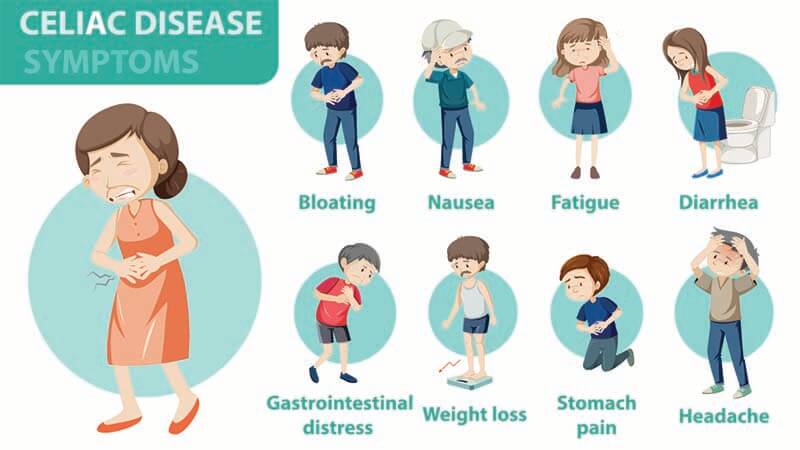
Apparently, gluten does not bring any negative effects to the normal human body, products that have gluten as protein provide you fiber, iron, and other good nutrients. But people who talk about gluten always tell stories of harmful effects.
The human body has digestive enzymes which help to assimilate the eaten food. Protease is the enzyme responsible for processing proteins, but somehow, it can’t complete the task, and the leftover gluten makes its way to the small intestine.
The majority of people seem to be very fine in dealing with undigested gluten. On the other hand, some people are not the same, and undigested gluten can cause unpleasant symptoms to them.
Gluten intolerance or non-celiac gluten sensitivity has the same symptoms as a Celiac disease, but the result is different. People with gluten intolerance who consume gluten products will suffer short-term sickness, whereas Celiac disease costs long-term damages.
Scientists call an autoimmune response to gluten, Celiac disease, which could damage the small intestine when the Protease could not completely assimilate Gluten.
Unfortunately, people who don’t have Celiac disease also possibly stand a chance to face unexpected feelings of sickness after having products containing gluten (3).
Unfortunate people may experience:
- Fatigue.
- Bloating.
- Traps gas.
- Diarrhea.
- Digestion.
- Abdominal pain.
- Flatulence.
- Nausea and Vomiting
- Constipation.
- Muscle pain.
Why Should You Consider Gluten-Free In Life?
Gluten-free is a phrase to describe foods that exclude gluten or the methodology applied to people who suffer from Celiac disease and other kinds of sickness related to gluten intolerance. To the normal, gluten-free is the way to lose weight.
Firstly, I can say that Gluten-free means to save people with gluten issues. Gluten-free is quite essential to the health of people who has signs and symptoms of Celiac disease or other medical condition related to gluten:
- Celiac disease.
- Non-celiac gluten sensitivity.
- Gluten ataxia.
- Wheat allergy.
Secondly, a gluten-free diet is very popular among people who want to lose weight. To follow this diet style, followers must pay attention carefully to their daily foods. Do you curious about this? I will show you some information about a gluten-free diet.
Allowed Products:
- Corn.
- Meat and fish.
- Egg.
- Vegan oil.
- Fresh fruit.
- Potato.
- Berry.
- Natural cheese.
- Milk.
- Bean.
You Should Avoid:
- Beer.
- Canned food.
- Fast food.
- Bread.
- Noodles.
- Fried potato.
- Wheat.
- Barley.
- Oats (in some cases if you are not sure your oat is natural).
Here are some claimed benefits of a gluten-free diet:
- Cleansing toxins in the body.
- Lose weight quickly.
- Improve skin condition.
- Energetic feeling.
- Feeling light.
- Plenty of allowed foods.
FAQs
There are some questions about the gluten-free issue that you might have the same wondering with these people. Check it out!
Finally, Is Popcorn Gluten-Free?
This is quite a complicated question, and the main issue is gluten or gluten-free. That is very important for the customer’s health, especially for people who have symptoms of gluten intolerance.
And the perfect answer for this question is, popcorn gluten-free or not depends on its ingredients. You should opt for those made with only popcorn kernels or non-gluten certified. Homemade popcorn is also highly recommended for you. (4)
With all the provided information, I hope you understand the impacts of gluten on the human body and be a wise customer. Thank you for reading!
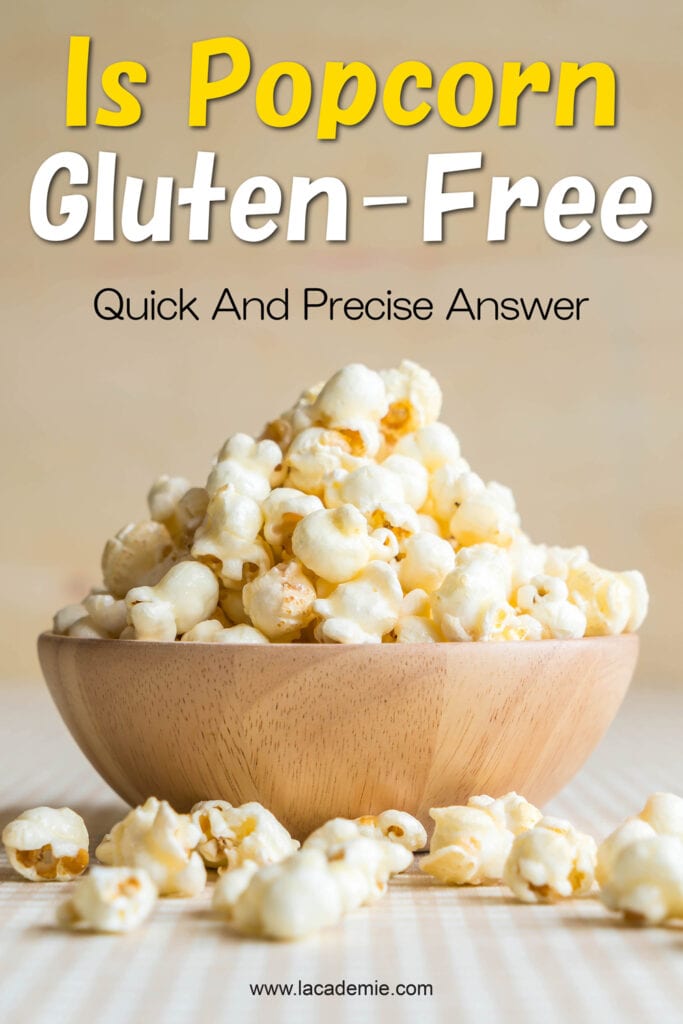
References
- Verywellfit.com. 2022. Corn Nutrition Facts and Health Benefits
- Popcorn.org. 2022. All about Popcorn
- Mayoclinic.org. 2022. Celiac Disease
- Nationalceliac.org. 2020 Is there gluten in corn?

